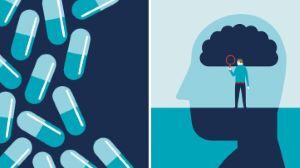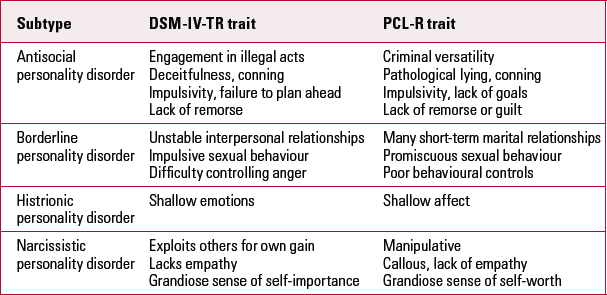
There are many ASPD symptoms that you will need to know about if you have been diagnosed with this disorder. The most important thing to remember when you are considering ASPD symptoms is that they will not all be present in each individual who suffers from this disorder. However, there are some common symptoms that you should be aware of so that you can recognize if someone you know has ASPD.
People with antisocial personality disorder (ASPD) frequently violate the rights of other people and often cross the line into criminal behavior. People with ASPD often have a lack of empathy, are callous, arrogant, suspicious, and have a negative view of the emotions, concerns, and rights of other people. Some people with ASPD may have violent tendencies and may abuse alcohol or drugs. Some people with ASPD have had traumatic life experiences and they may have serious mental health conditions.
ASPD is actually a set of personality disorders that are grouped together under the name of personality disordered disorder. These include major depression, bipolar disorder, conduct disorder, substance abuse, and intermittent explosive disorder. If a person has one of these disorders, then he or she likely has ASPD. Some of these disorders are treatable, but others may require medication and/or psychological counseling. You should seek the help of a professional who can diagnose your particular symptoms and determine the best course of treatment to take.
Many people who suffer from ASPD are unaware that they are suffering from any of these personality disorders. They may assume that it is something that happened when they were young and that they will recover from this experience. Unfortunately, these types of personality disorders can lead to a serious problem if left untreated and this is exactly what people with ASPD often face.
People with ASPD may also have symptoms that include depression, anxiety, social phobia, stress, anger problems, insomnia, eating problems, sexual dysfunctions, substance abuse, and other psychological problems. Some people who suffer from ASPD may also suffer from phobias and fears. One of the most common symptoms is panic attacks or fear of public speaking.
It is important to note that many people with ASPD do not meet the criteria for either schizophrenia or bipolar disorder. People who are diagnosed with schizophrenia often have hallucinations and delusions and often cannot function in society. People who suffer with ASPD typically cannot function in society because they lack empathy, guilt-oriented, suspicious, manipulative, and possess a sense of entitlement. People with ASPD tend to have an inflated sense of their own importance and are often irritable and self-centered.

People with personality disorders often suffer from a very low self-esteem
This low self-image and low self-confidence can lead to depression and sometimes self-harm. If your loved one has these personality disorders, you should see your physician immediately. If left untreated, they may become more socially isolated and withdraw from others.
If you suspect that your loved one may have these personality disorders, be sure to discuss your concerns with him or her. ASPD can be treated with medication and therapy.
Medication and therapy are usually combined to treat these types of disorders. Psychotherapy is another option that many patients use to treat this disorder. Therapy can help improve relationships with family and friends and can also help patients gain control over their impulses.
If you are thinking of using medication to treat your loved one with ASPD, you should discuss this with your doctor. Although medication is often effective, you should also be aware that your medication should not be used to treat this type of disorder for prolonged periods of time.
Medications are effective in treating a person's symptoms of this disorder but not always cure them completely. If you are looking for permanent relief, you may want to try a combination of medication and psychotherapy. Your doctor can give you the right medications and therapies to relieve the symptoms of ASPD and help your loved one to lead a productive life in society.
People with this type of disorder often do not fully realize that they need help, so they can end up causing further damage to themselves by their actions. The sooner your loved one gets treatment, the better chance he or she has to live a normal life.
Leave a Reply